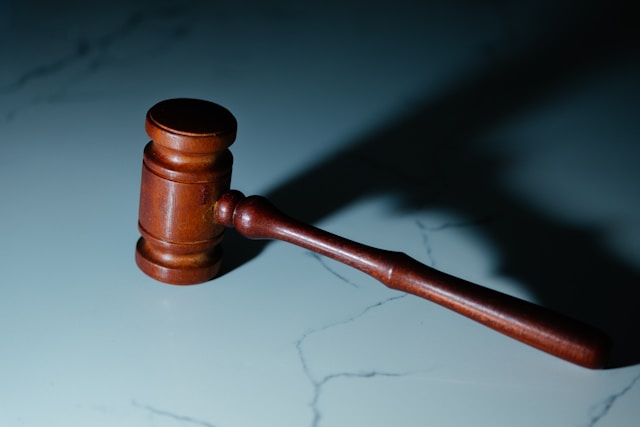Santa Monica Face-Off: Another Hollywood Rip-off?

In March 2017, veteran Hollywood producer Norton Herrick couldn’t believe his eyes. He had just seen an ad for a new show from Mattel, The Toy Box, which bore an uncanny resemblance to his own creation, The Playmakers.
Herrick had pitched the Playmakers family show concept to Mattel in 2014, and now he was seeing his idea come to life in a Mattel show that gave him no credit and no share in millions of dollars in future earnings. Had Mattel blatantly stolen his concept?
Subsequently, The Toys Box ran for two seasons on ABC, earned millions in advertising revenues, and Herrick received nothing.
This case, now going to the jury after months of trial in a Santa Monica courtroom, pits Herrick’s production company against the industry behemoth, Mattel. The trial has been closely followed inside the entertainment industry, with many likening it to a modern-day David vs. Goliath battle that exposes the power dynamics between individual creators and large corporations.
This is not Mattel’s first accusation of intellectual property theft. In 2002, Gunther-Wahl Productions had sued Mattel for alleged theft of concepts for fairy-based toys. Then in 2011, the company was ordered to pay $310 million to MGA Entertainment over stolen trade secrets related to the Bratz dolls
The Herrick trial is just the latest strike against Mattel’s sometimes questionable business practices.
Back in 2014, Herrick Productions met with Mattel to propose The Playmakers, a family reality show where contestants pitched their toy ideas to a panel of child judges. As supported by evidence presented in the trial, Herrick had Mattel sign a confidentiality notice before the meeting and then, significantly, chose not to sign a Mattel NDA which would have granted them control over the submissions.
According to Herrick, senior Mattel executives expressed strong interest in the show’s format. Two months later, however, Mattel paused the project, but strung Herrick along by continuing discussions about other potential collaborations with other Mattel brands, like Barbie and Hot Wheels.
Time passed, and nothing happened until Mattel announced its new show, a bold knockoff of Herrick’s original concept.
Throughout the 10-week trial, Herrick’s legal team presented evidence that seemed to confirm that Mattel had intentionally stalled Herrick while secretly producing The Toy Box.
Mattel denied that contention, saying “We are very proud of The Toy Box and we continue to be gratified by the positive reactions the program generates from viewers of all ages. As for this lawsuit, we believe it is totally without merit.”
From the start, it was apparent that the outcome of the case could have far-reaching implications for individual creators.
Legal expert Samantha Fields commented, “This case is a significant marker in the ongoing battle between independent creators and large corporations. The stakes are incredibly high, not just for the parties involved, but for the industry at large. A victory for Herrick could embolden other creators to stand up for their intellectual property rights and hold even the largest corporations accountable for their actions.”
In court, Herrick’s attorneys confirmed Herrick’s desire to ensure that both he and fellow creators get the protection they need for their intellectual properties. Herrick’s goal is to spark a ‘me too’ movement for independent creative people who lack the resources to fight back against corporate giants who steal from them.
As the jury deliberates, the entertainment industry waits with bated breath. The verdict could redefine the landscape of intellectual property rights, proving that even in a world dominated by corporate titans, there is still room for the little guy to stand up and win.
This case is about more than just legalities and business—it’s about a man who dared to dream and refused to let that dream be stolen. It underscores the challenges faced by individual innovators when their ideas are threatened by larger entities with deeper pockets.
A favorable verdict for Herrick will send a powerful message to the industry that original ideas are worthy of protection, no matter the size of the creator. It will affirm that the legal system recognizes and condemns power that stifles innovation and creativity.
It’s David vs. Goliath in Santa Monica, and now it’s up to the jury to provide justice for the little guys.